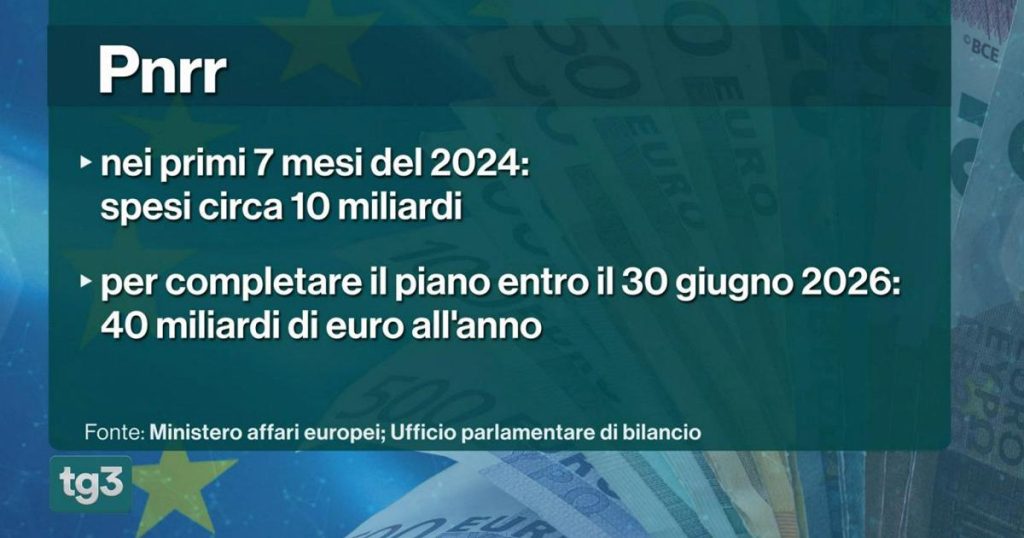On August 31, 2024, the focus in Italy is on the National Recovery and Resilience Plan (PNRR), the funds coming from the European Union, and the implementation of the projects financed by these funds. This update comes as Minister Raffaele Fitto is set to leave his position in the government to pursue a candidacy as a European Commissioner. Fitto’s departure will impact the management of the PNRR, adding a layer of uncertainty to the process.
The PNRR is a crucial component of Italy’s efforts to recover from the economic impacts of the COVID-19 pandemic and build resilience for the future. The plan includes a series of projects and investments aimed at promoting economic growth, enhancing infrastructure, and supporting sustainable development. With funding from the European Union, Italy has a unique opportunity to implement ambitious initiatives that can drive progress across various sectors.
The departure of Minister Fitto raises questions about the continuity and effectiveness of the PNRR implementation process. As a key figure in the government’s efforts to secure funding and design strategic initiatives, Fitto’s absence may create challenges for the remaining team tasked with overseeing the plan. It is essential for Italy to ensure a smooth transition and maintain momentum in executing the projects outlined in the PNRR.
Despite the potential challenges posed by Minister Fitto’s departure, Italy remains committed to leveraging the EU funds to drive positive change and recovery. The success of the PNRR hinges on effective coordination, transparent governance, and accountability in utilizing the allocated resources. By prioritizing transparency and efficiency, Italy can maximize the impact of the funds and deliver tangible benefits to its citizens.
The projects financed through the PNRR are designed to address key areas of need and opportunity in Italy, including infrastructure, digitalization, and sustainability. These investments have the potential to create jobs, stimulate economic growth, and enhance the country’s competitiveness on the global stage. As Italy navigates the complexities of post-pandemic recovery, the successful implementation of the PNRR will be critical to shaping a more resilient and prosperous future for the nation.
In conclusion, the developments around the PNRR, EU funding, and Minister Fitto’s departure underscore the importance of effective governance and strategic planning in driving Italy’s recovery efforts. As the country navigates a period of transition and uncertainty, maintaining focus on the priorities outlined in the PNRR will be crucial for achieving sustainable growth and resilience. By leveraging the resources and support available from the EU, Italy has a unique opportunity to build back stronger and more resilient in the wake of the pandemic.


